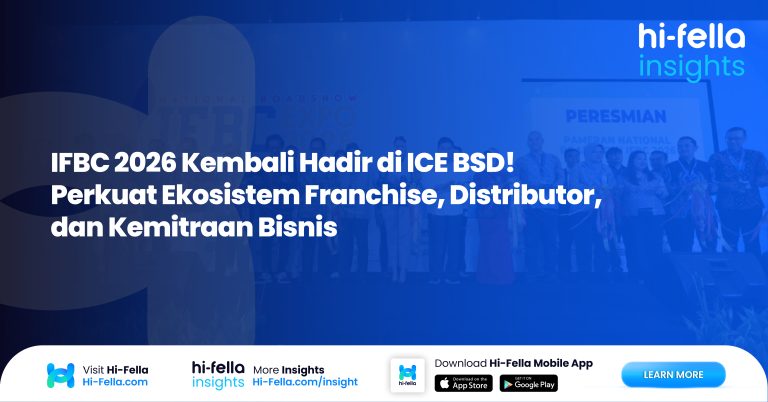Table of Contents
In our interconnected world, global commerce is a complex web of economic relationships and diplomatic negotiations. Yet, at the core of this intricate web lies a stark reality – the practice of embargoing countries.
Embargoes are a powerful tool in international relations, a double-edged sword that can have profound economic, political, and humanitarian consequences.
In this article, we will unveil the world of embargoed countries, delving into their definitions, exploring the reasons behind embargoes, and analyzing their implications on a global scale.
Introduction
Embargoes are official bans imposed by governments on trade or other commercial activities with specific countries or on the exchange of particular goods. These restrictions can take various forms, including political, trade, and environmental embargoes, and are enacted for a multitude of reasons. Such reasons often stem from unfavorable economic or political circumstances, concerns about human rights violations, and involvement in armed conflicts
Understanding Embargoes
The reasons behind imposing embargoes are multifaceted. Governments may resort to embargoes due to concerns related to human rights violations, the spread of nuclear proliferation, or involvement in international conflicts. The decision to enact an embargo is not taken lightly, as it has far-reaching consequences on both the nation imposing it and the embargoed country
Impact on Economies
The economic implications of embargoes are significant. While embargoes aim to restrict trade, they also restrict access to essential goods and reduce the number of exports. This can have a crippling effect on a nation’s economy, as global trade is a key driver of prosperity. The economic ramifications are often felt by both sides, further complicating the situation.
Political and Humanitarian Consequences
Beyond economics, embargoes carry political and humanitarian implications. For instance, they can block the importation of crucial goods and services to the civilian population of the embargoed country, leading to adverse humanitarian outcomes. The interplay of economic and humanitarian factors creates a complex web of consequences that policymakers must navigate.
Embargoed Nations Today
As of the current year, there are six countries embargoed by the United States. These nations are:
- Cuba,
- Iran,
- North Korea,
- Russia,
- Sudan,
- and Syria.
The embargo against Cuba is one of the longest-standing embargoes. It was initially imposed on arms sales to Cuba in 1958 and later extended to include all exports in 1962.
The Role of International Organizations
International organizations and agreements play a crucial role in the management and imposition of sanctions on embargoed countries. These bodies seek to maintain global peace and security, and their involvement can influence the effectiveness and scope of embargoes.
Failed Embargoes
While embargoes aim to pressure embargoed nations into altering their behavior, they do not always achieve their intended goals. The U.S. embargo on Cuba, for example, has not succeeded in ousting the country’s communist party or persuading it to tolerate dissent. Similarly, during the 1973 Arab-Israeli War, the embargo on oil exports to the U.S. by Arab members of OPEC failed to end U.S. support for Israel.
Evaluating Effectiveness
The effectiveness of embargoes remains a subject of debate. Historical cases serve as valuable examples, illustrating both the successes and limitations of these measures in achieving their objectives.
International Perspectives
The perception and engagement of different countries in embargo practices vary. Understanding these diverse perspectives is vital to comprehending the global impact of embargoes and the dynamic nature of international relations.
Conclusion
In conclusion, embargoes are a critical component of international relations with far-reaching effects. Understanding the intricacies of embargoed countries, the reasons behind embargoes, and their global implications is essential for businesses, policymakers, international relations experts, students, and anyone interested in the multifaceted world of economic sanctions and trade restrictions.
The consequences of embargoes, whether political, economic, or humanitarian, remind us of the complex interplay within the global commerce web and the delicate balance it requires.In the face of such complexities, international cooperation and the pursuit of peaceful resolutions remain essential in maintaining global stability and prosperity.








